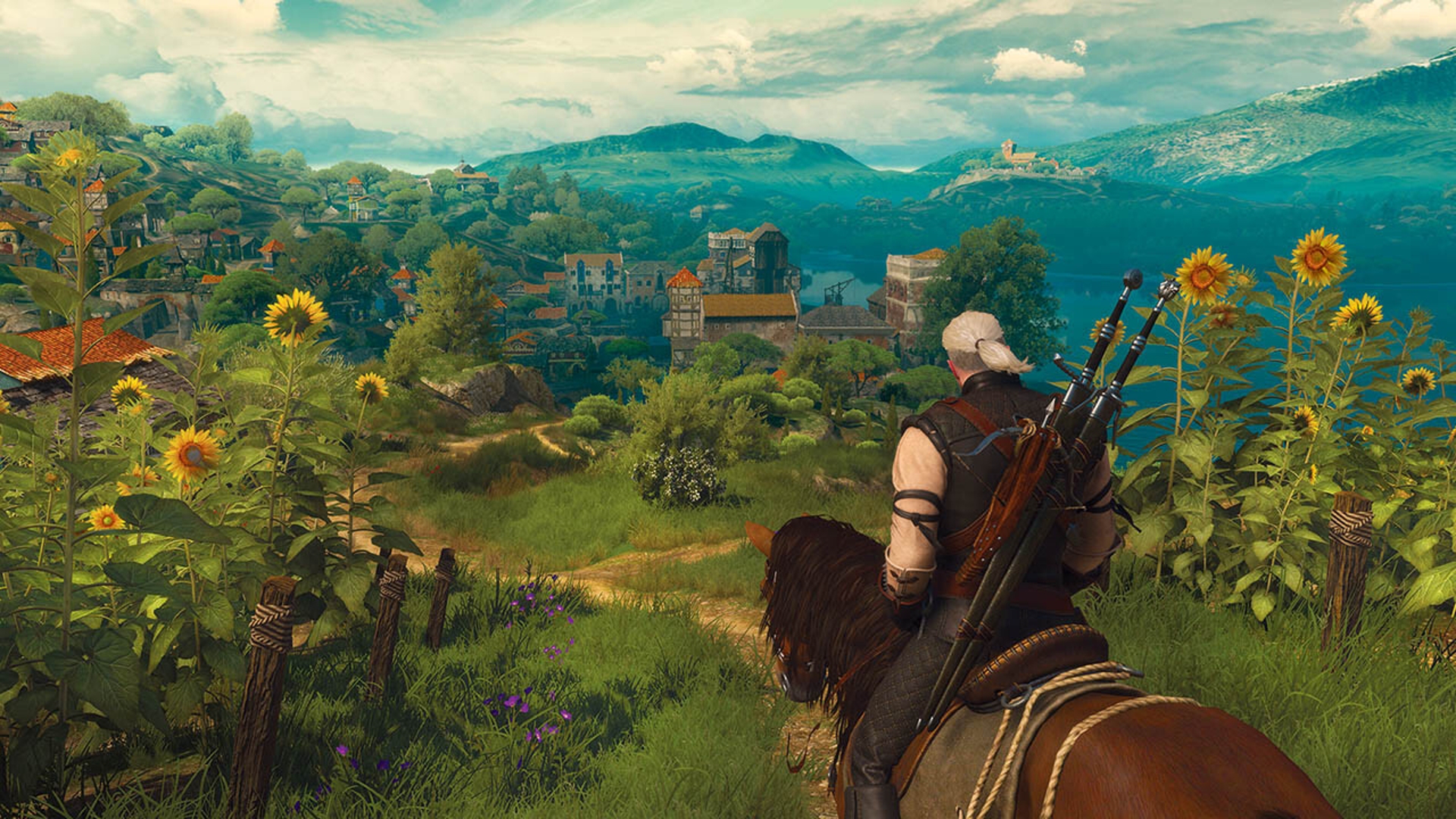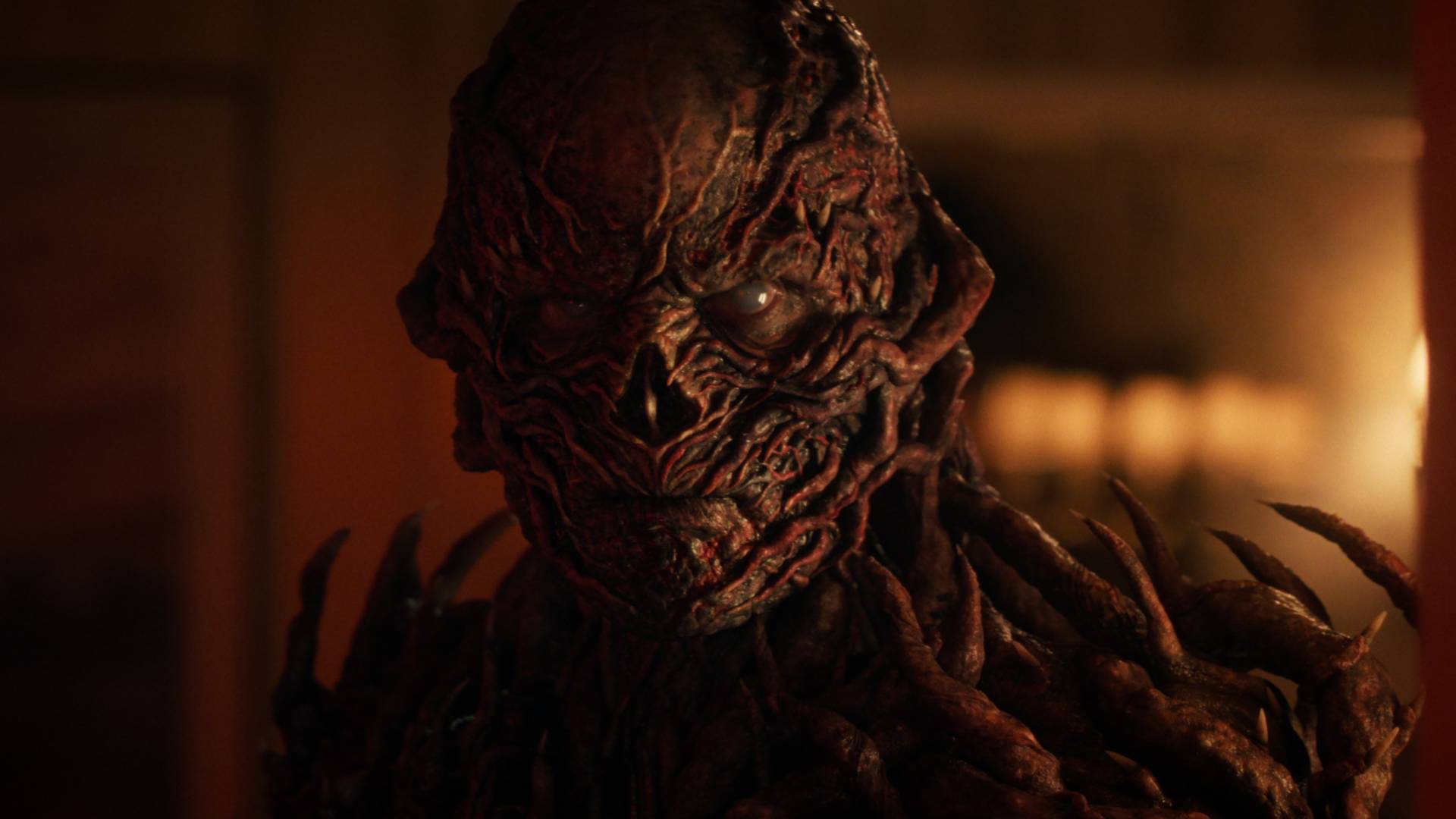CD Projekt dev defends The Witcher 3's "overdone" Witcher Sense clue mechanic: "At the time it was really fresh," even if "we've kind of overcooked it" by the end
Hearts of Stone and Blood and Wine deliberately pulled back on clue tracking

The Witcher 3 players will surely remember how much time ol' Geralt spends with his nose all but glued to some tracks, following his aptly named Witcher Sense down a trail of clues in search of a monster or missing person. It's one of the creakier elements of an RPG that, by all rights, has aged pretty immaculately, and even CD Projekt Red's Paweł Sasko, now associate game director on Cyberpunk 2077 sequel Project Orion, agrees it was "overcooked" by the time the credits rolled, even if it was novel for the time.
In a fascinating bit of development insight, Sasko discussed the clue mechanic in an interview with Flow Games. "When we started The Witcher 3, we felt that the loop with the clues was kind of fresh," he begins. "It was actually something that Danisz Markiewicz, he's an expert quest designer on my team, the two of us, we actually designed that whole loop. And bear in mind it's 2012 - at that time I think you had one Batman [Arkham] game out, and that was it. I think all other games that have that gameplay loop with clues weren't out on the market yet. You didn't have any Tomb Raiders, the new Deus Ex games weren't out yet. All of the things that, right now, we know that we're so tired of, of having clues in the game and investigating them."
The timeline here, with development well underway in 2012 ahead of The Witcher 3's 2015 release, again demonstrates how games may reflect the trends of their production cycle, not necessarily the trends of their launch window. Games take a long time to make, it turns out, and as complex, multi-discipline projects, they can be hard to adjust. If you set an 18-wheeler rolling down a hill, it's not going to turn on a dime. Player tastes, meanwhile, can change in an instant, especially toward once-novel mechanics that become commonplace or genres that become saturated.
"But at the time it was really fresh, it was something different," Sasko adds. "And when we were doing it in 2012, we felt it was a great way to do it. Then we did Witcher 3 with it, and one of our conclusions was, ok, we've kind of overdone it, we've kind of overcooked it. There was so much of it in the base Witcher game that, when approaching Hearts of Stone and Blood and Wine [DLCs], we were thinking, when we are doing those clues, let's try to do it more consciously, let's try not to have long strings of clues. Clue after clue after clue after clue."
Sasko points to the overall pacing of the experience, and reckons that excessive clues could hurt the flow of the game. Hearts of Stone and Blood and Wine noticeably improved on the clue problem, but for overall pacing, Sasko points to Cyberpunk 2077: Phantom Liberty as CDPR's crowning achievement.
"There, that pacing is really, really well-crafted," he says of the DLC. "But already in Hearts of Stone and Blood and Wine, you could see that we'd learned. There were no situations like in The Witcher 3 where it's like, 'Oh god another blood trail, marks from the foot of a monster. How many times can I go through this?' All of those conclusions came in, and that's why it was just a better work."
Weekly digests, tales from the communities you love, and more

Austin has been a game journalist for 12 years, having freelanced for the likes of PC Gamer, Eurogamer, IGN, Sports Illustrated, and more while finishing his journalism degree. He's been with GamesRadar+ since 2019. They've yet to realize his position is a cover for his career-spanning Destiny column, and he's kept the ruse going with a lot of news and the occasional feature, all while playing as many roguelikes as possible.


